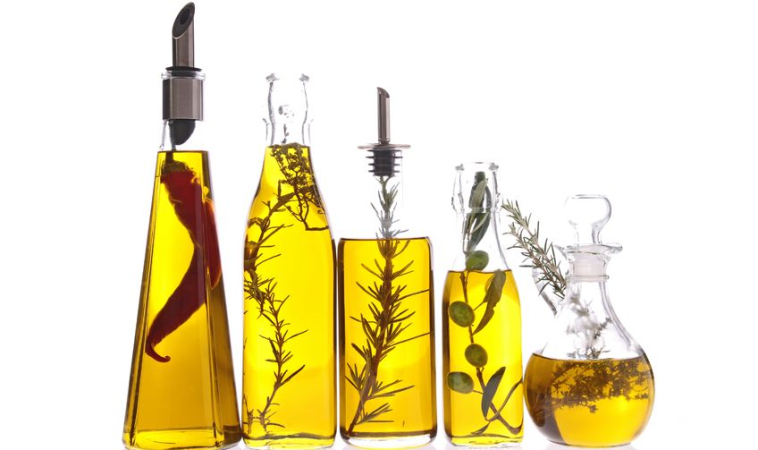Things you should know about cooking oil options
Olive, coconut, grapeseed, avocado, canola, the list goes on and on! With all the different cooking oil options and discussion about their health benefits or hazards, it is hard to know which ones you should use.
From the chemical standpoint, they can be classified as saturated, polyunsaturated, and monounsaturated. Typically the healthier options are the monounsaturated and polyunsaturated fats like olive oil as oppose to saturated fats. These can help improve your lipid profile and reduce the risk of cardiovascular disease. When we are considering adding it in its raw or uncooked form on salads we aren’t so much worried about which ones to choose, but when talking about cooking with oils, that’s when it matters most.
Why does it matter? Again it all comes down to science. The fact is the different oils have different cooking or smoking points. That means they have different temperatures that they can handle until they start to smoke. This can be when we start to worry about the negative health effects, and when they can alter the taste of the oil used in cooking.
Oils can be classified as having high, medium or low smoking points. Those oils with low smoking points like flaxseed and walnut are best left for additions to salads where they won’t undergo a large or any amount of heat. In fact really any oils can be used to top off a salad. Some examples of oils with medium smoking points are extra virgin olive oil, coconut, and grapeseed, although even with grapeseed it can be cooked at slightly higher heats. Finally the oils with the highest cooking points are those of hazelnut, sesame, peanut, canola, and avocado. In fact, avocado oils can handle heats up to 500F.
Now of course we must consider cost as well. Some oils like avocado and hazelnut can be quite costly and less practical when it comes to everyday cooking. Furthermore, high heats in general are generally not recommended for cooking as burning foods or the “products of incomplete combustion” can be detrimental to our health.
So what is the answer? The best option might be to thoroughly cook foods over a medium heat using oils like coconut and olive oil depending on the dish and taste preference.
One last note: also remember that when storing oils they should be kept out of direct sunlight and best in an opaque bottle as to avoid going rancid.
http://www.thestar.com/life/food_wine/2015/09/27/slick-smarts-breaking-down-cooking-oils.html
















